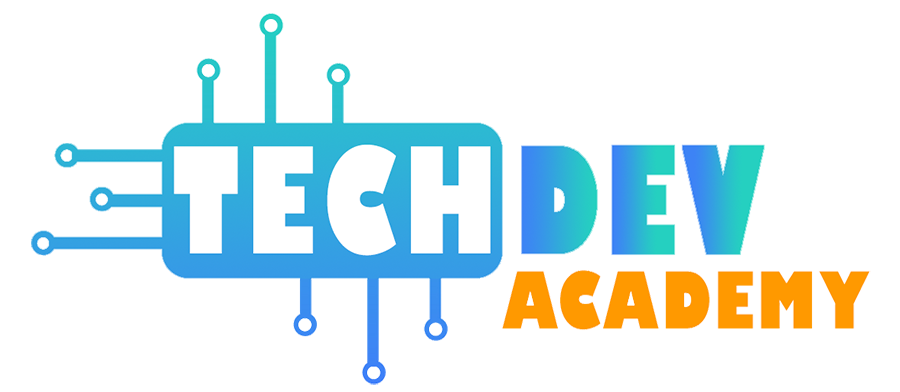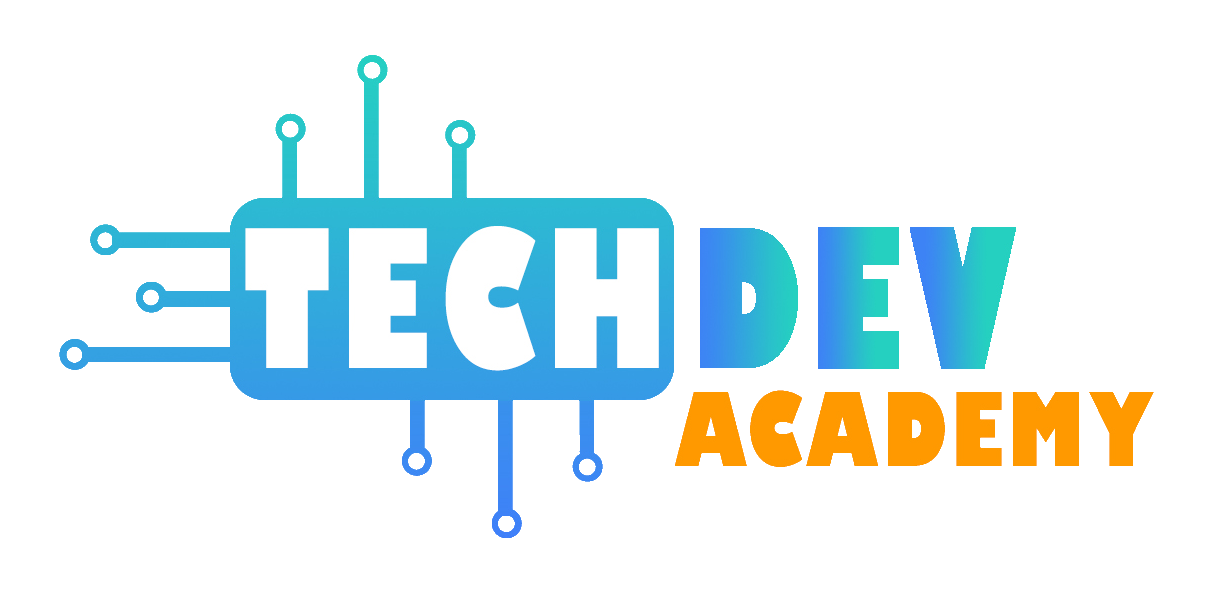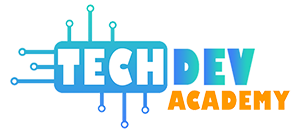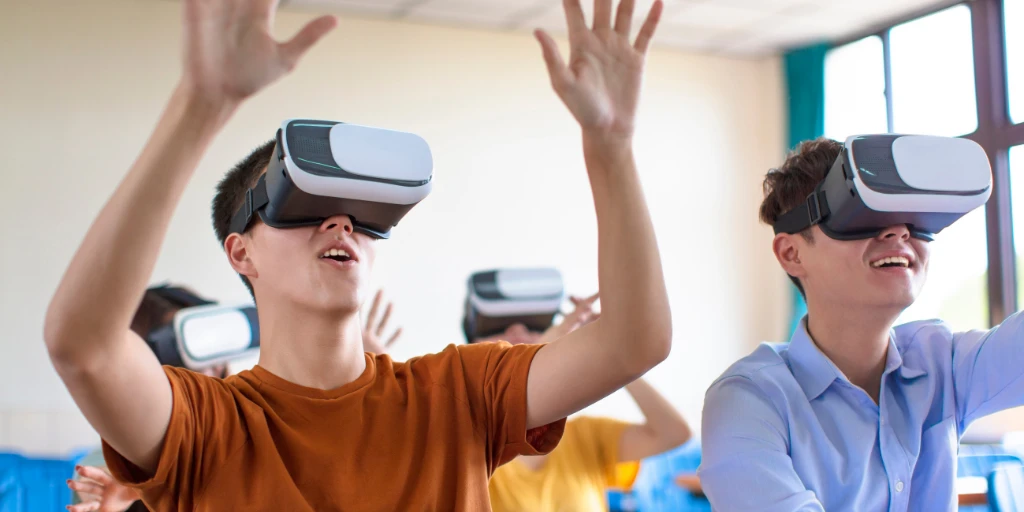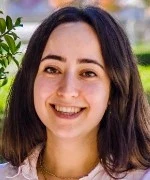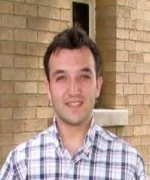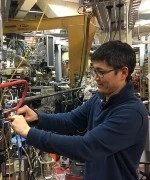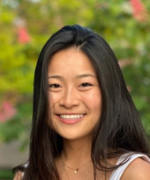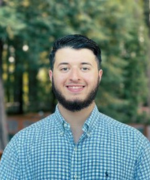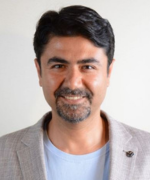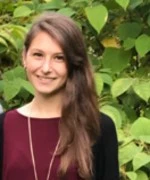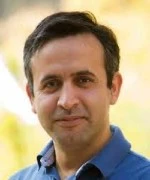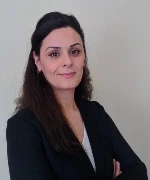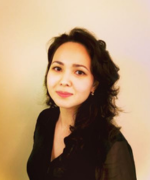AI-powered Apps and Tools for Students
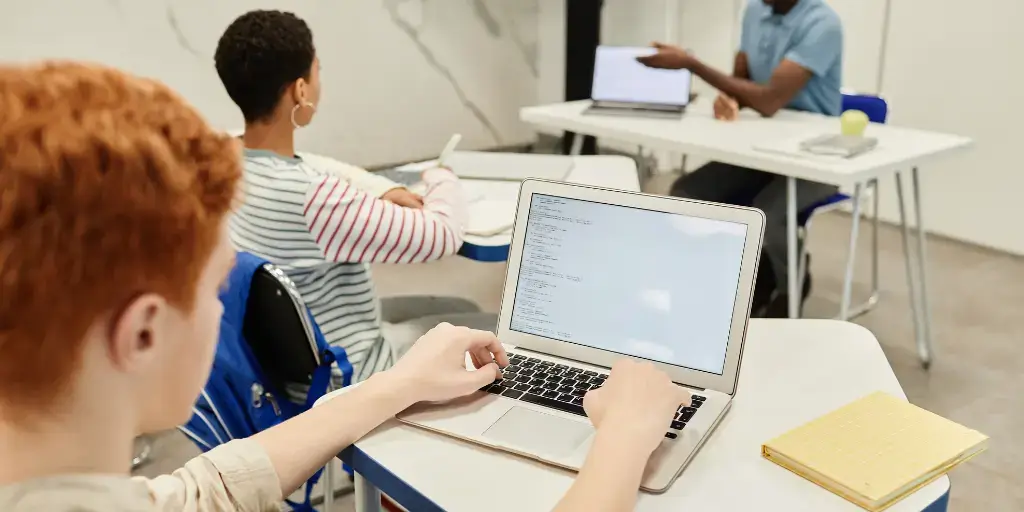

Artificial Intelligence (AI) offers many potential benefits for education, particularly among high school students. AI-powered apps and tools for students may allow them to customize learning experiences more closely to individual student needs, manage time more effectively and access specific types of academic support services more readily – but some educators and experts have raised concerns over any possible drawbacks of using AI in classroom settings.
Benefits and Drawbacks of AI in Education
One of the key advantages of AI tools in education is their capacity to custom tailor learning experiences for every individual student. Instead of following an overarching curriculum, students can now opt for personalized learning paths tailored specifically to meet their learning needs and preferences.
AI tools can analyze students’ learning styles, strengths, and weaknesses to suggest specific topics to study, exercises to complete, or types of content (videos or interactive simulations) they might enjoy (e.g. videos or interactive simulations). By offering this level of customization, these AI tools allow them to more quickly gain an in-depth knowledge of core subjects more quickly than with a one-size-fits-all approach.
AI in education also plays a pivotal role in helping students manage their time more effectively. High schoolers face an array of academic, social, and extracurricular commitments at once that may prove stressful; AI-powered time management apps enable students to break down their schedule into manageable chunks with reminders set and progress tracked toward specific goals, significantly decreasing stress levels while simultaneously improving overall academic performance by giving enough time for assignments, tests prep sessions, extracurricular events attendance etc.
At the same time, AI tools in education do have some drawbacks and limitations that should be kept in mind. One key risk associated with over-reliance on tech to learn can lead to overly dependent students who cannot solve problems independently without turning to tech for answers.
Furthermore, educators and experts have voiced concern regarding potential privacy and security risks related to storing student information digital platforms while using AI algorithms on that information for analysis.
Even amid these reservations, AI-powered tools in education offer much promise for supporting high school students. Here are just a few specific instances.
Examples of AI-Powered Apps and Tools for High School Students
Khan Academy: This popular online learning platform features several AI-powered tools designed to assist high schoolers with mastery of math, science and history subjects. Their “adaptive practice” system utilizes data on learners’ habits and challenges in order to personalize learning paths to best suit individual students over time and increase skills over time.
Brainly: Brainly is an AI-powered collaborative learning platform where students can ask and answer questions regarding coursework. The system utilizes natural language processing algorithms to suggest relevant resources based on student inquiries; additionally, experts in various subject areas may even connect directly with them through Brainly.
Socrates: Socrates is an AI-powered learning assistant designed to assist students in studying smarter rather than harder. Utilizing machine learning algorithms, Socrates tracks students’ progress over time and pinpoints areas where additional assistance may be necessary before providing study strategies and resources that help meet students’ objectives more easily.
IBM Watson Tutor: This AI-powered tutoring app gives students personalized guidance and feedback across many subjects. Utilizing natural language processing to analyze students’ writing samples and identify errors or areas for improvement, as well as custom review materials tailored specifically for practice on certain topics, this AI tutor is tailored specifically for use at educational institutions.
Grammarly is an AI-powered writing app offering AI grammar and spelling suggestions designed to assist students in improving their writing. Utilizing machine learning algorithms, Grammarly adapts its suggestions according to each user’s individual writing needs while offering real-time feedback regarding style, tone, syntax etc.
Knowt is an AI-powered notetaking app which generates quizzes from lecture notes to test student comprehension and retention over time. By actively engaging students in learning processes such as this one, Knowt helps strengthen critical thinking and problem-solving abilities while developing stronger critical reasoning abilities.
Duolingo: Duolingo’s AI-powered language-learning app was created to assist people of all ages quickly and efficiently learn a foreign language, offering personalized lessons tailored to each learner based on existing knowledge and goals, with plenty of immersive exercises and interactive modules designed to make practice fun!
IBM Watson Tone Analyzer: This AI-powered tool helps students communicate more efficiently by evaluating the tone and style of their writing. From emails sent directly to professors or scholarship applications to essays that may need editing to achieve desired effects, Watson Tone Analyzer may provide suggestions as to how best adjust style or tone in order to reach desired effects.
Amazon Alexa: Though not designed specifically to enhance education, Amazon’s smart assistant Alexa can still prove useful to high school students. For example, students could utilize Alexa to set reminders, create to-do lists, review flashcards or play music during study sessions – making Alexa an indispensable study aid!
ClassCompanion is an AI-powered app specifically designed to assist high school students in preparing for AP exams. With the help of Artificial Intelligence, ClassCompanion offers personalized study plans, practice tests, and detailed feedback to help students excel in their AP courses. The app analyzes students’ strengths and weaknesses, identifies areas where additional practice is needed, and provides targeted resources to address those areas. With ClassCompanion, students can maximize their AP exam preparation by harnessing the power of AI to optimize their study time and improve their chances of success.
Chat GPT tools
Chat GPT was developed by OpenAI as an intelligent language model capable of simulating human responses in conversational settings, including education tools. Here are a few examples:
Tutoring Chatbots
With Chat GPT you can quickly create tutoring chatbots designed to simulate human tutors and offer 24/7 assistance and extra support for any students with queries or need additional guidance in various subjects. These virtual assistants serve students who may experience trouble and provide extra assistance – providing 24/7 help when human tutors may not.
Writing Assistance
Chat GPT can be integrated into writing assistance tools to assist students with honing their writing abilities. Such tools typically offer suggestions regarding sentence structure, grammar and style based on content input by the student; by adding chat GPT functionality into these programs these writing assistants provide more personalized and interactive feedback to assist in developing writing proficiency.
Language Learning Chatbots
Chat GPT can also be integrated with language learning platforms to create conversational chatbots that facilitate dynamic and engaging language practice experiences for students. By simulating conversations between Chat GPT and students, these conversational bots help facilitate dynamic practice of their language skills in dynamic conversations that mimic real life dialogue – offering tailored language learning experiences.
Chat GPT provides virtual study buddies that engage students in conversations, ask pertinent questions and offer constructive feedback to enhance understanding. By simulating an actual study group dynamic, virtual study buddies allow for practice explaining concepts and exchanging thoughts which strengthen learning outcomes and foster meaningful dialogue that promotes group discussion among their group of classmates.
Conclusion
In summary, AI-powered tools and apps offer a wide range of benefits for high school students, including personalizing learning experiences, improving time management, and connecting students with on-demand academic support.
While some experts have raised concerns about the potential drawbacks of AI in education, these tools can still play a valuable role in supporting student learning and academic success. By exploring a range of different AI-powered tools and apps, high school students can access the benefits of this technology and develop strong academic skills over time.
